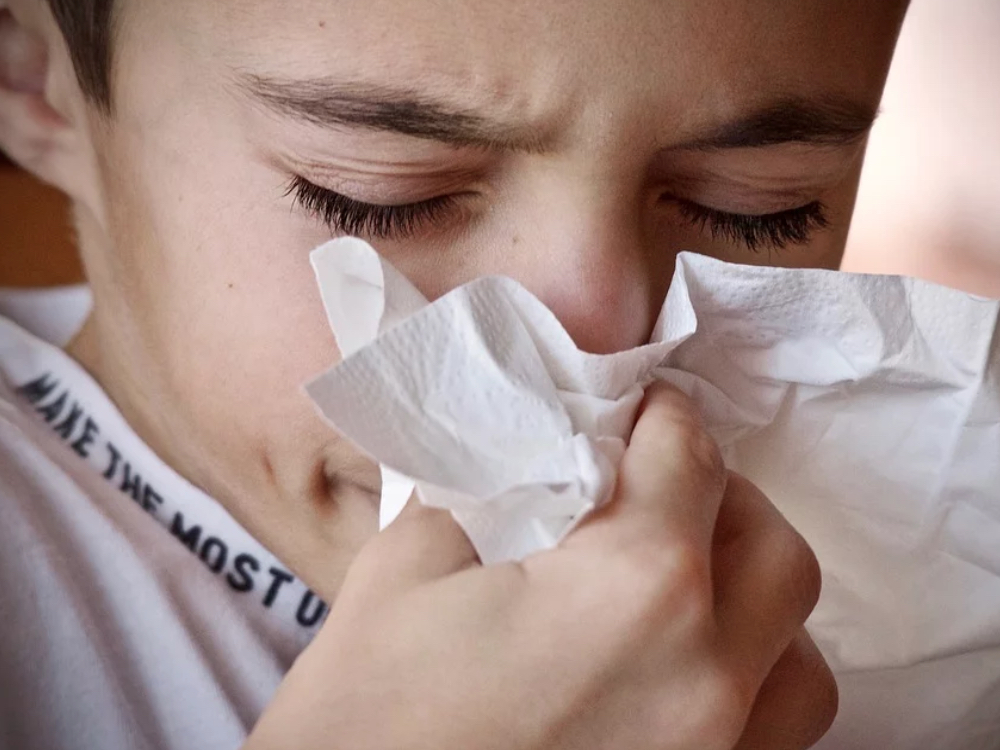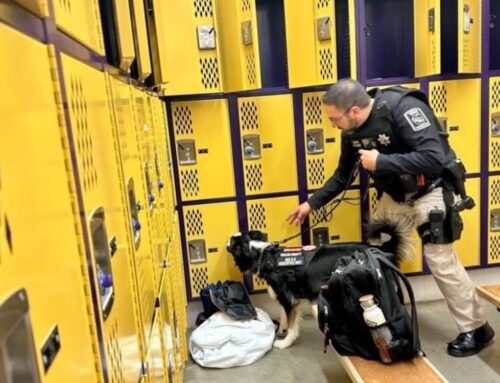Local and State Responses and Recommendations
Information compiled
The first case of the Novel Coronavirus (COVID-19) in the United States was reported on January 21 in Washington State. As of March 3, 2020, nine deaths in Washington State have been attributed to the virus with 18 confirmed positive cases.
While the risk of exposure is increasing for those who live in Washington State, the State Department of Health currently reports the risk as relatively low. The department has established a coronavirus Hot Line to respond to questions about the outbreak such as how it is spread and what to do if you have symptoms. The Hotline number is 1-800-525-0127 followed by pressing #.
As of Today (Tuesday) Medical sources indicate three potential cases are being tested in North Central Washington: one from Grant County, one from Central Washington Hospital, and one from Cascade Medical Center in Leavenworth.
Representatives of Lake Chelan Community Hospital and Clinics and Columbia Valley Community Health advise anyone suspecting they may have symptoms associated with coronavirus, to first call their primary healthcare provider, or call the Chelan-Douglas Health District at 509-886-6400.
From Confluence Health website:
Our Hospital Incident Command System has been activated to monitor our processes and protocols on how we care for patients and our staff regarding Covid-19, and we have begun screenings following the CDC recommendations on all patients that check-in to all of our facilities. We have protocols in place and will use personal protective equipment (PPE) as appropriate to keep our valued employees and patients safe from exposure in the event a potential COVID-19 patient presents at any of our facilities. We do not know how this infectious event will impact North Central Washington, but our goal is to hope for the best and plan for the worst.
Information from the Lake Chelan School District Superintendent, Barry DePaoli:
I have attached letters in both English and Spanish languages and an informative fact sheet that was put together by Seattle & King County public health departments. We will continue to work closely with our regions public health officials and continue to monitor the situation carefully.
Our maintenance staff will be performing more deep cleaning to disinfect “hi-touch” surfaces and we will be providing guidelines for our staff and students to keep all classrooms as germ-free as possible.
Links to the Health Department Communication in English and Spanish
Links to the school district communication in English and Spanish
Washington State Department of Health:
These numbers will be updated daily at 11 a.m.
| 2019 Novel Coronavirus (COVID-19) in Washington | |
| Positive (confirmed) * † | 18 |
| Deaths | 6 |
* Positive
† Please contact the local health department for information. |
|
| Number of People Under Public Health Supervision | |
| Number of people under public health supervision ‡ | 231 |
| ‡ The number of people under public health supervision includes those at risk of having been exposed to novel coronavirus who are monitoring their health under the supervision of public health officials. This number includes close contacts of laboratory confirmed cases, as well as people who have returned from China in the past 14 days and are included in federal quarantine guidance. | |
Symptoms of coronavirus are similar to flu or colds and may include:
- Runny nose
- Headache
- Cough
- Sore throat
- Fever
- A general feeling of being unwell
If you have traveled to/from Wuhan City, China, and have these symptoms, contact a health care provider.
If you have been notified by public health authorities that you may have been exposed, please follow instructions provided by your Local Health Department.
What to do if the virus spreads in our community
- Stay informed about local COVID-19 activity through the Department of Health website: wa.gov/coronavirusand be aware of any signs that people in your community are getting sick. For example, watch for school dismissals or closures.
- Avoid contact with people who are sick. Cover your coughs and sneezes with a tissue, and wash your hands often with soap or water. Don’t share personal items and clean frequently touched surfaces with soap and water.
- If you are sick, stay home. When seeking medical care, wear a facemask and keep your distance from others. If someone in your house is sick, stay home to avoid unknowingly spreading the virus to others.
- Do not attend large events, such as sporting events, conferences, or other community events if you are sick, do not feel well, or someone in your home is sick. If you aren’t sick, consider your risk of getting COVID-19 at the event before you go.
- Discourage your children from gathering with others after school unless it is a small group. If any of the children show symptoms of COVID-19, separate them from others immediately.
- Watch your children for symptoms of COVID-19. Notify your children’s child care facility or school if they are sick and get any classroom assignments or activities they can do from home.
- Set up a separate room for sick household members. Clean the room regularly and make sure they have clean disposable facemasks to use.
- Check in with family and friends who live alone—especially those with chronic diseases. If you live alone, ask your friends and family to check in with you if you become sick.
Human coronaviruses most commonly spread from an infected person to others through:
- The air by coughing and sneezing
- Close personal contact, such as touching or shaking hands
- Touching an object or surface with the virus on it, then touching your mouth, nose, or eyes before washing your hands
- Rarely, fecal contamination with coronavirus present
Novel Coronavirus Fact Sheethttps://www.doh.wa.gov/Portals/1/Documents/1600/NovelCoronavirusFactSheet.pdf
For your protection and safety, please continue to follow everyday best practices to help prevent and slow the spread of respiratory diseases, including:
- Wash your hands often with soap and water for at least 20 seconds, especially after going to the bathroom; before eating; and after blowing your nose, coughing, or sneezing.
• If soap and water are not readily available, use an alcohol-based hand sanitizer with at least 60% isopropyl alcohol. Always wash hands with soap and water if hands are visibly dirty.
• Avoid close contact with people who are coughing/sneezing.
• Avoid touching your eyes, nose and mouth.
• Stay home when you are sick.
• Cover your cough or sneeze with a tissue, then throw the tissue in the trash.
• Clean and disinfect frequently touched objects and surfaces using a regular household cleaning spray or wipe.








